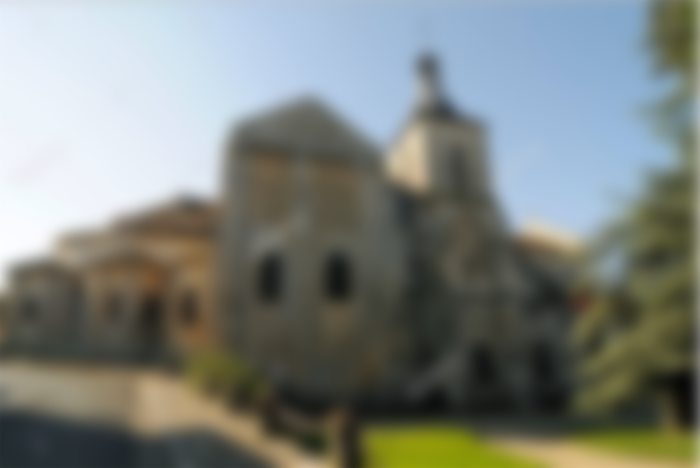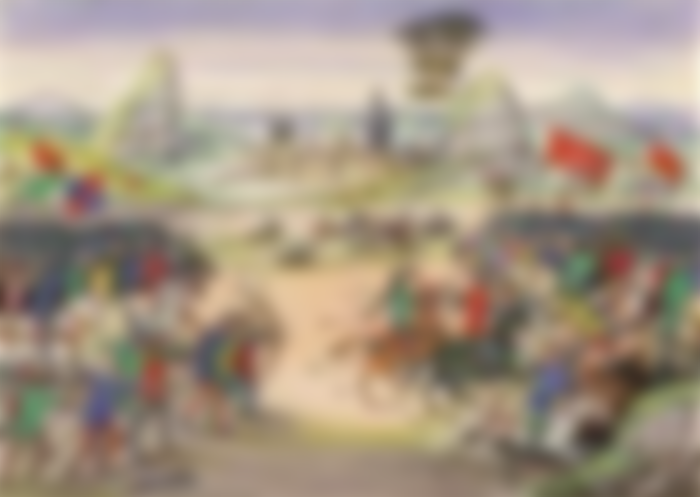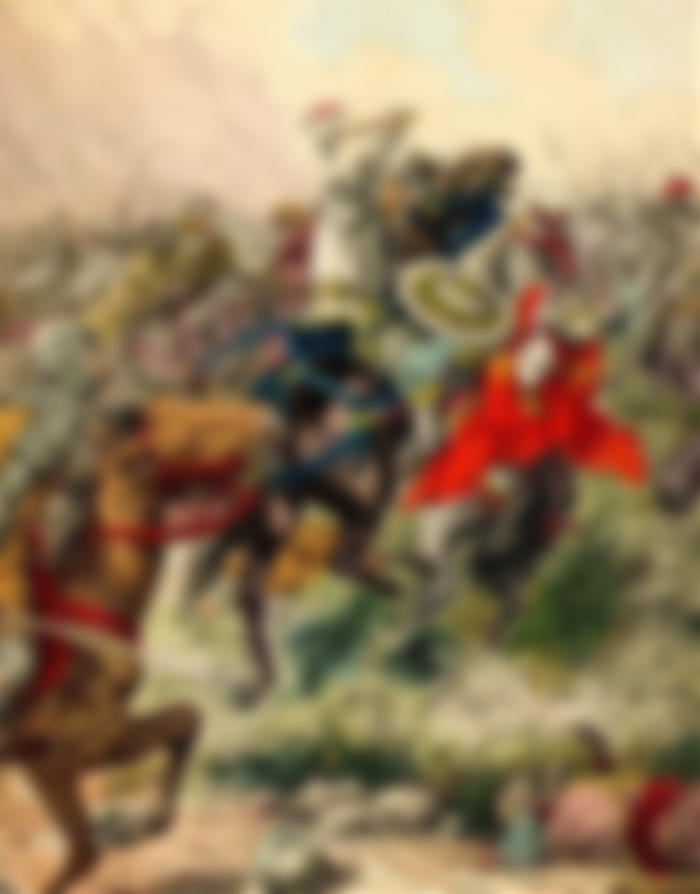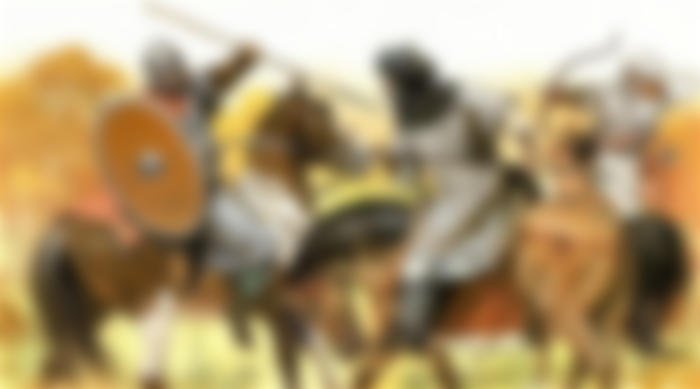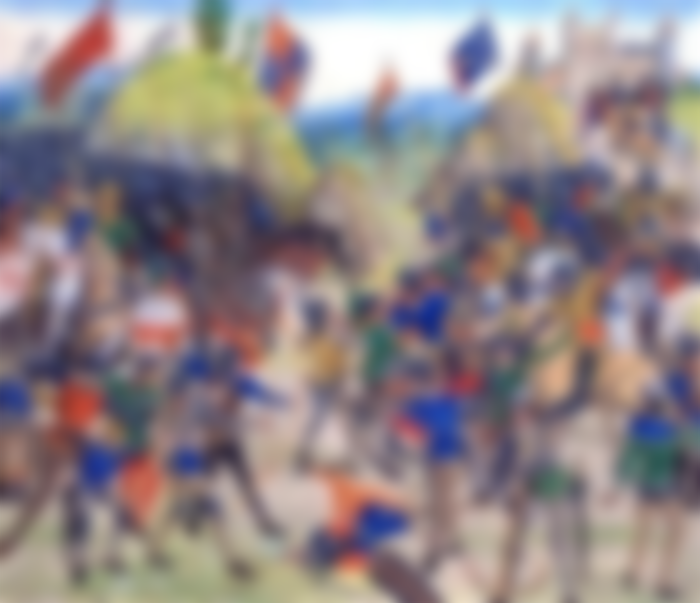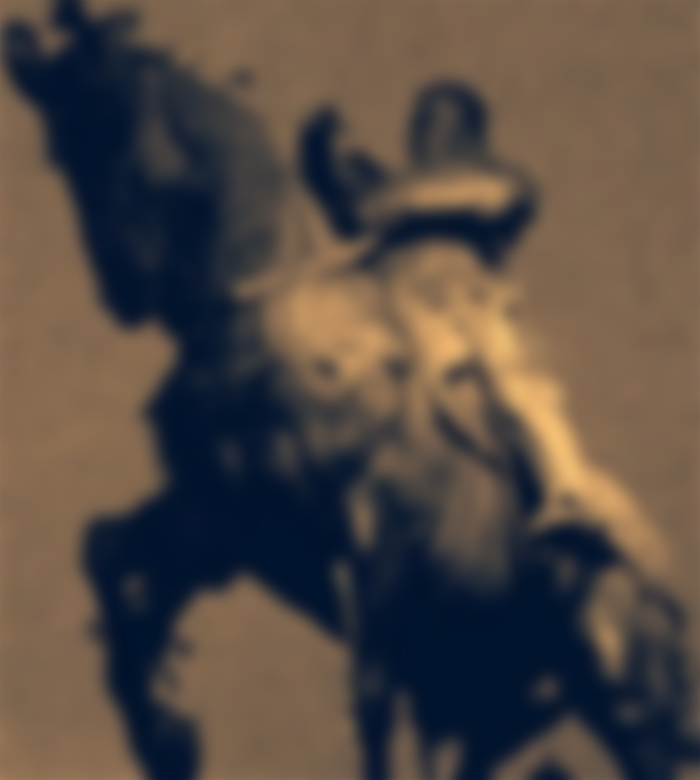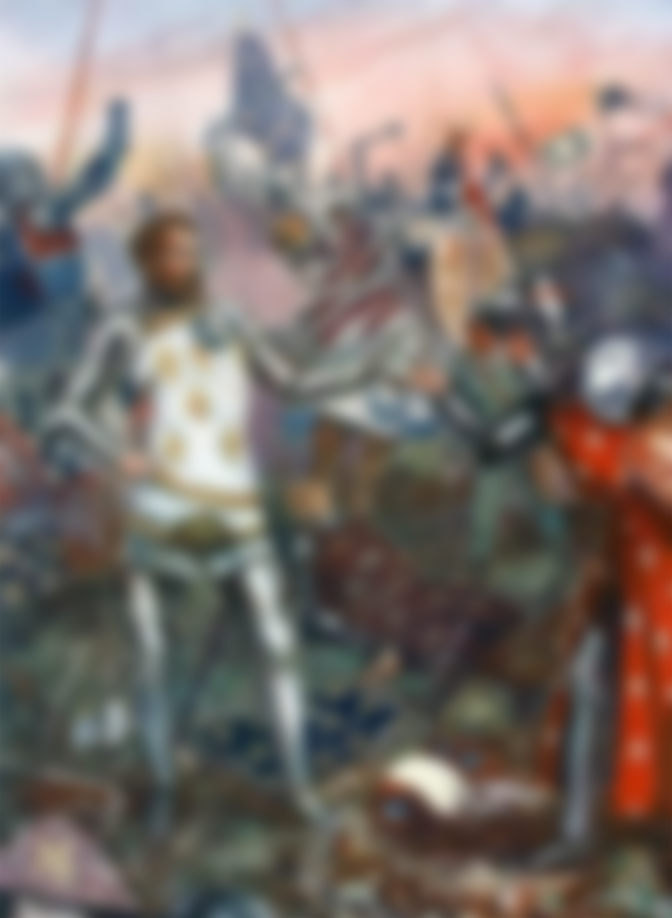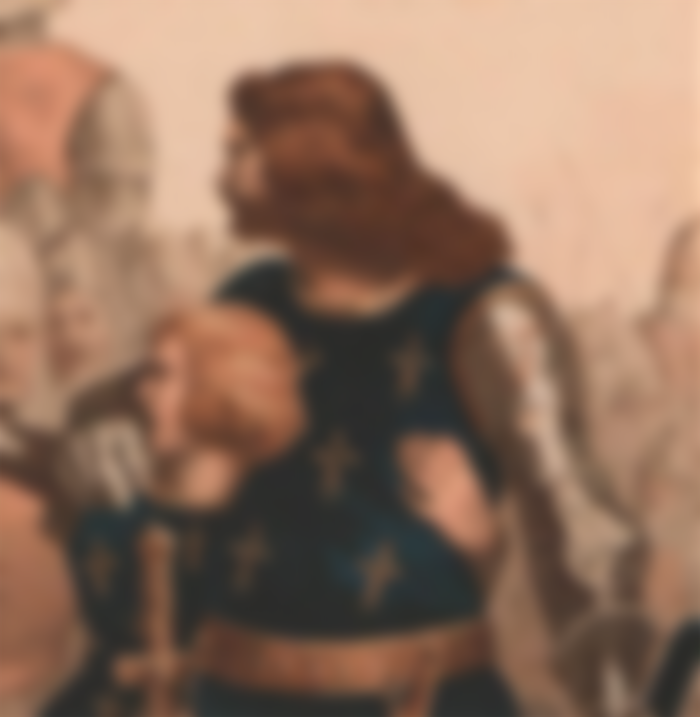A small town in the south of France has remained a beautiful provincial town into which tourists like to wander. Still, this place is worth more than two lines in the French guide. Poitiers has twice become a participant in major European events. The Battle of Poitiers, 732 forever stopped the penetration of the Arabs into European countries. After seven hundred years, the conflict happened again. The Battle of Poitiers in 1356 gave the English kings a long time of French land. Both battles were important to European history.
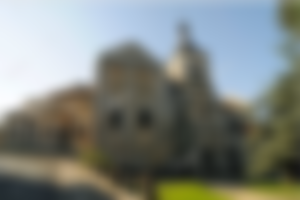
Muslim penetration into Europe stopped
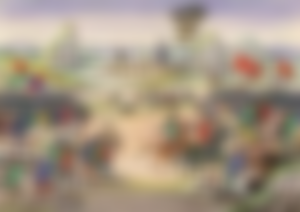
The battle, which according to many historians was one of the most decisive in all of European history, took place on October 10, 732. It is a skirmish known as the Battle of Poitiers, although it actually took place a little further from Poitiers, roughly on the site of the present-day village of Moussais-la-Bataille in the heart of France. The battle is significant in that it marked the point at which the Muslim incursion into Europe was symbolically halted. Namely, Islam has been spreading unstoppably since the time of Muhammad (around 622). After the conquest of all of North Africa, in 711, the Muslim leader Tariq ibn Ziyad invaded Spain. Soon almost all of Spain fell, and then it was France's turn.
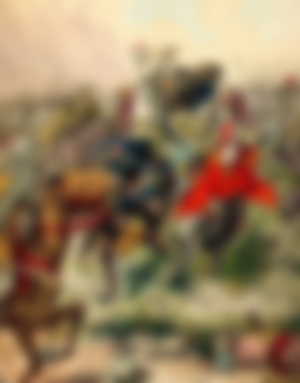
The Muslim incursion into France was aimed at plundering the famous monastery of St. Martin in the French city of Tours on the Loire River. At that time, today's France was ruled by Frankish kings from the Merovingian dynasty, but the real power was held by their majordoms from the Carolingian family. The leader of the Christian army that was to defend Tours was precisely Major Charles of the Carolingian family.
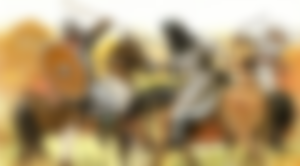
The Muslim army, led by Emir Abdul Rahman al-Gafiki, was first tried on the Garonne River by an Aquitanian duke, Odo, whose army was overrun by a Muslim swarm. Intoxicated by this victory, the Muslims continued carelessly without sending scouts and suddenly encountered a well-encamped Frankish army on elevated ground.
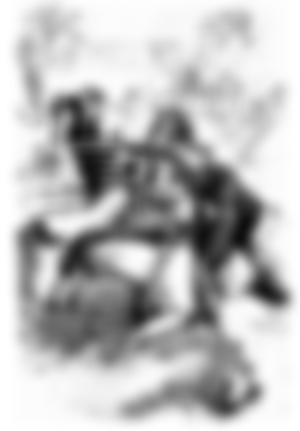
For six days the opponents watched each other waiting for the second one to attack first. Finally the emir lost his temper and ordered a cavalry charge uphill. The Frankish army met them in a phalanx formation, and Carlo sent part of the units to attack the Muslim background. Breaking into the enemy camp from behind, the French caused chaos. Part of the cavalry attacking Karl's phalanx retreated to rescue the looted treasure from the camp after which the others thought a retreat had been ordered. There was a riot that tried to stop Abdul Rahman but he was killed. After that, the Muslims recaptured the camp, but gave up further fighting and withdrew the next day.
The victorious Major Karlo was nicknamed Martel (Croatian: Čekić) because he achieved what was considered impossible - he defeated the armored cavalry with infantry without arrows. The defeated Muslims retreated to southern France, where they managed to hold out for some time, and were later pushed across the Pyrenees, into the area of present-day Spain. They have never again been able to penetrate so deeply into Europe.
The Hundred Years' War between France and England
The Second Battle of Poitiers, which took place seven centuries later, once again celebrated the name of this small French town. It became one of the decisive battles in the Hundred Years' War between England and France.
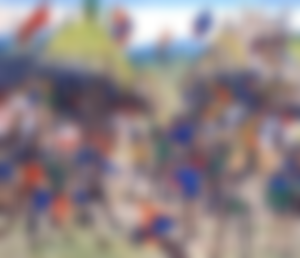
This war began with the convincing victories of the English king
Edward III at Sluis in 1340 and by capturing the strategic port of Calais. The plague that broke out in the late 1340s took many lives on both sides. Because of that, the fighting stopped. And one of the victims of the Black Death becomes King Philip IV of France. John the Good ascended the throne.
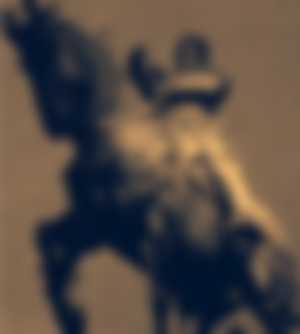
At that time, the countries of western France repeatedly passed into the possession of the French, then the English crown. At the end of 1355, the King of France and the King of Navarre concluded a mutual agreement, which was unprofitable for the British. English King Edward III ordered his son, called the Black Prince, to carry out a deep attack on the disputed areas and try to capture the well-fortified city of Bordeaux. That he failed. An attempt to burn the well-fortified city also failed: it was prevented by heavy rains. The black prince had to retreat.

In early 1356 the Duke of Lancaster with his army landed off the coast of Normandy and began to move south. John Dobra's soldiers pushed him aside to the shore, and at the same time Ivan tried to attack the troops of the Black Prince, who were marching northeast to the Loire River, ravaging the towns and villages on their way. In September 1356, John came to the shores of the Loire.
The small size of the English army led the Black Prince to doubt his victory. Local Cardinal Talleyrand Périgord tried to negotiate an agreement between the parties. The Black Prince offered seven years of peaceful existence and the return of all occupied countries. But this situation was unacceptable to the French king, he insisted on a military solution to the conflict. In addition, according to the most cruel calculations, the French army was five times larger than the British. Therefore, John of France did not doubt his victory. The British had only a detachment of seven thousand knights and a small unit of English and Welsh archers. The army of the King of France numbers about 35 thousand men.

The Black Prince prepared defensive positions for his troops. The main fortifications were erected behind hedges and orchards. Its archer's front was behind a distinctly thick hedge, along which the road curved at right angles. Most of the British troops were on the plains. The French occupied the Molpetruy hills, several leagues from Poitiers. The morning before the battle the British served Mass and began to prepare for battle. Edward, the black prince, knighted many of his subjects. He gave a decisive order forbidding the taking of prisoners until victory became apparent. As a result, British forces won an unprecedented victory over the French.
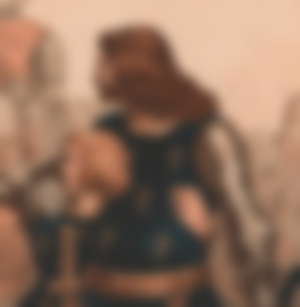
Thus ended the battle of Poitiers. Opponents and the winner were forced to sit at the negotiating table. The British took a huge booty, and the ransom for the king and his son amounted to two annual revenues of the French kingdom. The losses of the French army were enormous. When sent to his father, the Black Prince claimed that the number of French killed exceeded 3,000. King John, his son Philip, 17 nobles and a hundred noble knights were among the most valuable prisoners. By accepting the surrender, England imposed such submissive conditions on its defeated opponent that it was almost impossible to even collect a ransom for its own king. King John was not released until 1361.
